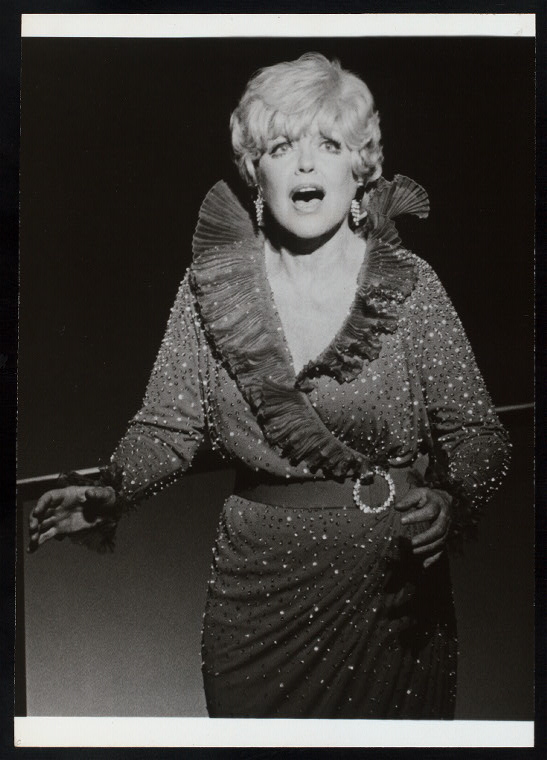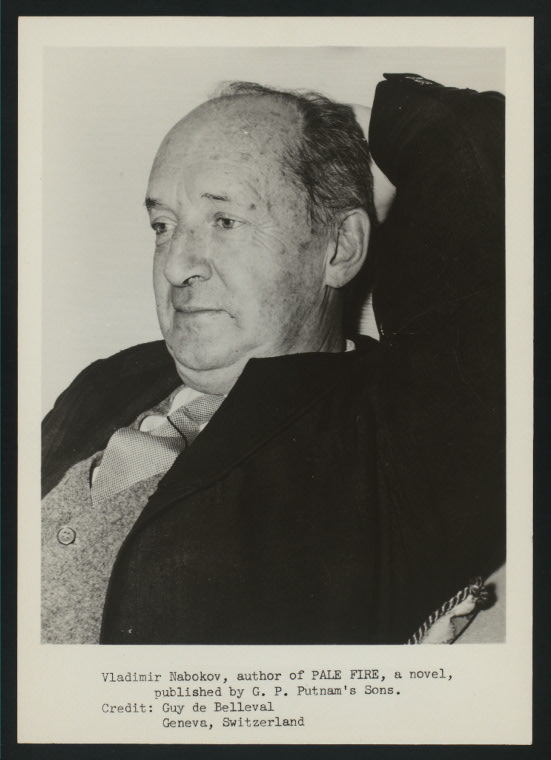Archives
The Lost Musicals: Uncovering the Dorothy Loudon flops Part Two: Lolita, My Love
 After the disappointment of The Fig Leaves are Falling, Dorothy Loudon got a great part in a new musical with much more promise, but this one didn’t even make it to Broadway, despite being, without question, artistically superior.
After the disappointment of The Fig Leaves are Falling, Dorothy Loudon got a great part in a new musical with much more promise, but this one didn’t even make it to Broadway, despite being, without question, artistically superior.
The book and lyrics were by one of musical theatre’s heavy hitters, the music was by a successful pop hit composer and the source material was one of the twentieth century’s most acclaimed, controversial, and popular novels. The lyricist of mega-hit and critical triumph My Fair Lady teaming up with the composer of James Bond theme sounds like a recipe for a hit. But Alan Jay Lerner and John Barry’s Broadway-bound musical, Lolita, My Love folded in Boston after eking out troubled tryout engagements there and in Philadelphia.
Like Fig Leaves, it was a product of its sexually-conscious era—but while Fig Leaves may have been too tame, Lolita was too controversial—for a musical, anyway. Maybe audiences who’d read Nabokov’s novel and seen Stanley Kubrick’s film version couldn’t actually handle this material singing. Peter Sellers’ portrayal of Clare Quilty in the film had comic—albeit darkly comic—elements, but a rhyming, singing Quilty describing Humbert as “that viper who likes them post-diaper” must have turned some people off. In One More Kiss: The Broadway Musical in the 1970s, Ethan Mordden speculates that Lolita was simply too risqué for conservative Philadelphia and Boston audiences, but might have landed in New York—if it had it ever made it there.

Despite the many problems with the show itself, Loudon herself was, again, singled out for praise for her brilliant performance as Lolita’s mother, Charlotte, blending wacky comedy, pure pathos, deliciously annoying nagging, with, as always, her distinctively torchy singing voice. In the scene where Charlotte tries to make a pass at Humbert, she stopped the show with a comic tour de force, “Sur le Quais de Ramsdale, Vermont.” Then after they are interrupted by Lolita’s unexpected reappearance, Loudon flips seamlessly into a tragic reprise of that big comedy number, which is just as heart-breaking as it had previously been hilarious. According to interviews given by Loudon later in her career, during the tryouts the creative team collected comment cards from the audience and several of them said that the show would be better if Loudon’s character didn’t die at the end of the first act!

While Fig Leaves is a novelty, a mere footnote in Loudon’s career, with three good songs, Lolita is a remarkable score that deserves to be heard. I’m going to make the case that the time is ripe for a new production, in our society where children and teenagers are increasingly over-sexualized. Maybe we’re ready for Lolita (if any producers are out there reading, how about Alexander Hanson as Humbert, Emily Skinner as Charlotte and Alan Cumming as Quilty? Anyone?) But maybe the audiences that get on their feet to cheer the kind of musicals that opened on Broadway last season aren’t ready for Lolita, my Love. If you are, you can listen to the live recording of the complete show, in its Boston run at the New York Public Library.
For access to these recordings, write to the Rodgers and Hammerstein Archive of Recorded Sound, rha@nypl.org. To learn more about these shows in the Dorothy Loudon Papers, see the finding aid (pdf). Inquiries may be directed to the Billy Rose Theatre Division, theatrediv@nypl.org.
Read E-Books with SimplyE
 With your library card, it's easier than ever to choose from more than 300,000 e-books on SimplyE, The New York Public Library's free e-reader app. Gain access to digital resources for all ages, including e-books, audiobooks, databases, and more.
With your library card, it's easier than ever to choose from more than 300,000 e-books on SimplyE, The New York Public Library's free e-reader app. Gain access to digital resources for all ages, including e-books, audiobooks, databases, and more.
If you don’t have an NYPL library card, New York State residents can apply for a digital card online or through SimplyE (available on the App Store or Google Play).
Need more help? Read our guide to using SimplyE.
Comments
Of course!
Submitted by Lee Spilberg (not verified) on January 13, 2011 - 9:14am
I haven't read anything about
Submitted by Diana Bertolini (not verified) on January 13, 2011 - 6:18pm
Lolita, My Love
Submitted by Mitchell Geller (not verified) on March 26, 2017 - 9:46pm